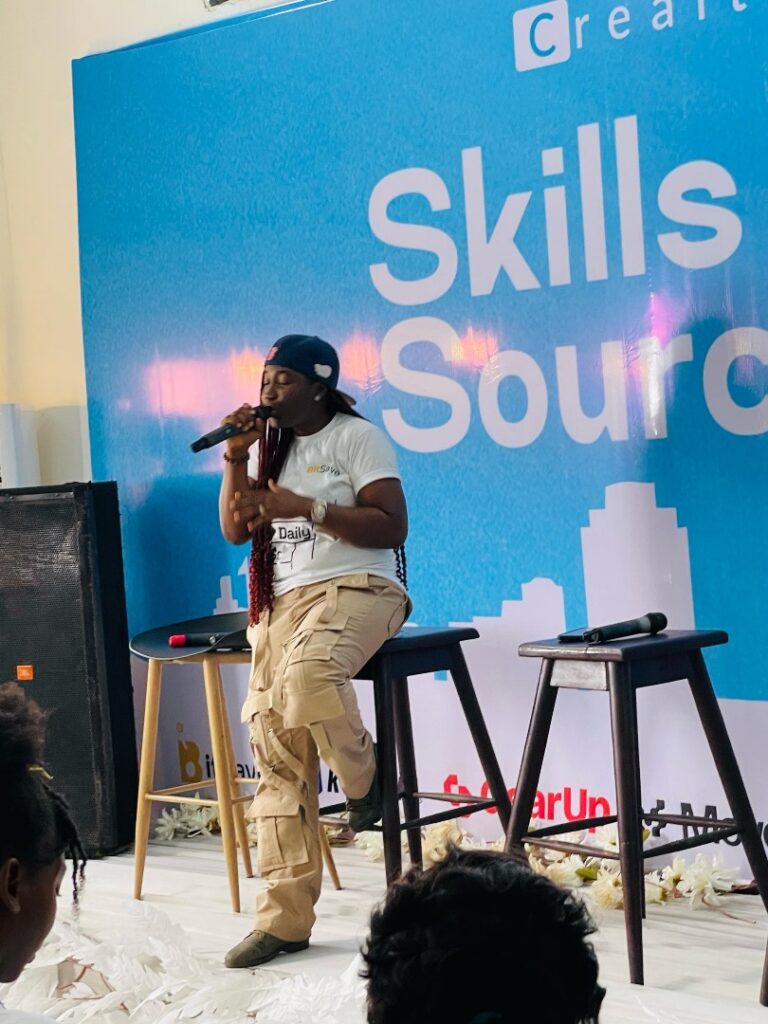Mrs Karla Nwaeke, Lead Partner at the Borderless Dev Hub, began her session by appreciating the host, Mrs Onyeka, and the volunteers, applauding the effort they put into setting up the event and making themselves available.
Her session focused on Web3 utilities, with the aim of showing the audience how rewarding Web3 can be when used effectively and when applied to real-world problems. She started by probing the crowd with a question, asking if they knew any Web3 projects that had nothing to do with money, and then followed it up by asking about those that are centered around money. She later explained that the purpose of the question was to point out how most people tend to think of Web3 simply as crypto.
To challenge that impression, she shared her story of getting into the space in 2016. She first heard about Web3 from her choirmaster, and it was both curiosity and the potential to earn that drew her in. However, rather than focusing on trading or crypto, she chose the Web3 education path, a decision that led to the creation of Borderless Dev Hub.
Speaking on the many other areas of Web3 beyond crypto, she introduced Byte Onchain— an educational tool designed to guide complete beginners through every step of getting started on-chain. She pointed out that research done in universities, if taken seriously, could be transformed into valuable products and even tokenized as intellectual property. She then talked about how Nigerian students often face issues with missing transcripts and lost records, and how integrating Blockchain into the Nigerian education system could help keep a more accurate and accessible record of student data and activities — showing again how Web3 can solve problems that have nothing to do with money.
She touched on the broader adoption of Web3 in Nigeria, highlighting practical solutions that could have a major impact. She spoke of an on-chain voting system as an example, and also referenced on-chain alternatives to social platforms, like Zora (similar to Instagram) and Farcaster (similar to Twitter), where users could earn by using the platforms. She also mentioned real estate land registries as another area where Blockchain can be applied to improve transparency and security.
Karla encouraged participants to take research seriously when building solutions. She stressed that not every solution should be about money — there are real problems that need solving. She urged the audience to explore on-chain versions of familiar platforms and also spoke about the importance of volunteering as a way to contribute to change. Since the monetary side of Web3 is becoming saturated, she advised focusing on solutions that can attract funding through other channels, like public goods funds. She gave an example with Borderless Dev Hub — a free platform that has trained several beginners at no cost, yet has received support and grants as a public good.
Her session ended on a strong note, reinforcing the idea that Web3 is far more than crypto, and that there’s a lot of opportunity when you focus on solving real problems.

